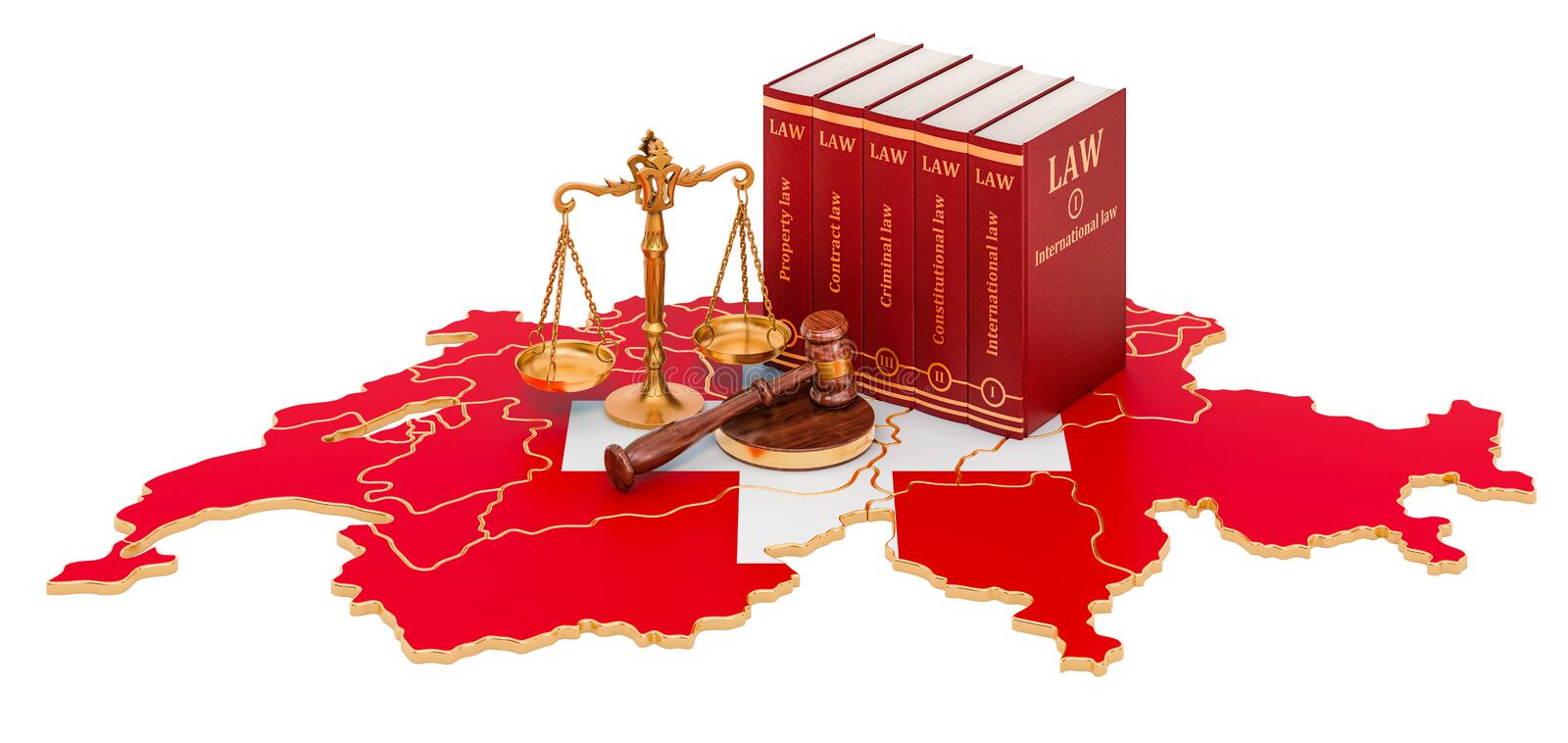Requirements to become a lawyer in Switzerland
Published

In Switzerland you must meet certain requirements to be admitted to the bar. Here are some of the key requirements:
- Legal studies: You must have one Degree of law at a recognized university Universität have.
- Internship: After completing your studies, you must complete a two-year internship with a lawyer, a court or an authority.
- Bar exam : After completing the internship, you will be required to take a bar exam. This consists of a written and an oral exam.
- Professional experience: After successfully completing the bar exam, you must work as a lawyer for at least two years.
- Admission: Finally, you must register with the relevant bar association and be admitted to practice as a lawyer in Switzerland.
Please note that the exact requirements may vary slightly depending on the canton.
What are the requirements for studying law in Switzerland?

Those : swiss-lawyers.info
There are various requirements for studying law in Switzerland. Here are the main requirements:
- Matura: You need a completed Matura or recognized equivalent training. In Switzerland, a distinction is made between the Gymnasium Matura (Gymnasium), the Fachmatura (vocational Matura) and the Passerelle (for working people).
- Language skills: Since the studies are usually conducted in German, French or Italian, you must have knowledge of one or more of these languages. In some cantons, English is also offered as the language of instruction.
- Interest in Law: A strong interest in law and legislation is important to be successful in law school.
- Good academic performance: Applicants are expected to have good grades in subjects such as German, foreign languages and social sciences.
- Selection process: Some universities in Switzerland also require a selection process to ensure that only the best applicants are admitted.
Please note that the exact requirements may vary depending on the university and canton. It is therefore advisable to find out about the specific requirements directly from the university or college of your choice.
How does a bar exam work?

Those : dreamstime.com
The bar exam in Switzerland consists of two parts: a written exam and an oral exam. Here is some general information about the exam process:
- Written exam: The written exam consists of several tasks and usually lasts two to three days. The tasks cover various areas of Swiss law, such as civil law, criminal law and administrative law.
- Oral exam: After passing the written exam, the oral exam follows, which usually lasts two to three hours. In the oral exam, candidates must demonstrate their knowledge in a simulated legal case. They have to present their arguments and solutions to the examiners and answer questions about legal issues.
- Assessment: The exam is assessed by a commission consisting of experienced lawyers, judges and professors. The evaluation criteria can vary depending on the canton or examination committee, but the following factors are usually taken into account: knowledge, reasoning and linguistic expression.
- Result: The examinees usually receive their result a few weeks after the exam. If they pass, they are admitted to the bar and can work as such. If they fail the exam, they usually have the opportunity to retake it.
Please note that the exact requirements and procedure for the bar exam may vary depending on the canton.
What is a career as a lawyer like in Switzerland?

Those : studyinginswitzerland.com
A career as a lawyer in Switzerland can vary greatly depending on your individual goals and area of expertise. However, here is some general information about the typical career path of a lawyer in Switzerland:
- Career entry: After completing their legal internship and taking the bar exam, most lawyers begin their careers as employed lawyers in a law firm or as an employee in a legal department of a company or government agency.
- Gain experience: In the first few years, lawyers typically gain experience in various areas of law and build their network. They work closely with experienced lawyers and participate in training and development to improve their knowledge and skills.
- Advancement in the law firm: When lawyers have gained enough experience, they can become partners in a law firm and take on more responsibility. You can also become a specialist in a specific area of law or advance to a management position in the firm.
- Switching to a different law firm or practice area: Lawyers can also take their careers in a different direction by changing their practice to another law firm or into business. You can also pursue a career in the judiciary or politics.
- Continuing Education: Lawyers must continually update and expand their knowledge and skills to stay abreast of developments in their area of law. This can be achieved through regular training, specialist literature and networking.
Please note that career paths can vary greatly depending on individual goals, area of expertise and work environment.
How much does a lawyer earn in Switzerland?

Those : studyinginswitzerland.com
The salary of a lawyer in Switzerland depends on various factors, such as experience, field of expertise, size of the law firm or the working environment. However, here is some general information about lawyer salaries in Switzerland:
- Career starter: A career starter can earn a gross annual salary of around CHF 80,000 to CHF 120,000 in a smaller law firm or as an employee in a company's legal department.
- Experienced lawyers: Experienced lawyers in a larger law firm can earn an annual salary of CHF 150,000 to CHF 300,000 gross or more. Lawyers who are partners in a law firm can earn even higher salaries depending on the success and size of the firm.
- Specialists: Lawyers who specialize in a particular area of law can also earn higher salaries. For example, lawyers in the area of mergers & acquisitions or tax law can earn an annual gross salary of CHF 250,000 or more.
- Work environment: Lawyers who work in a corporate or government legal department typically earn less than lawyers in a law firm.
Please note that salaries may vary depending on individual factors such as education, work experience, performance and negotiation skills.








